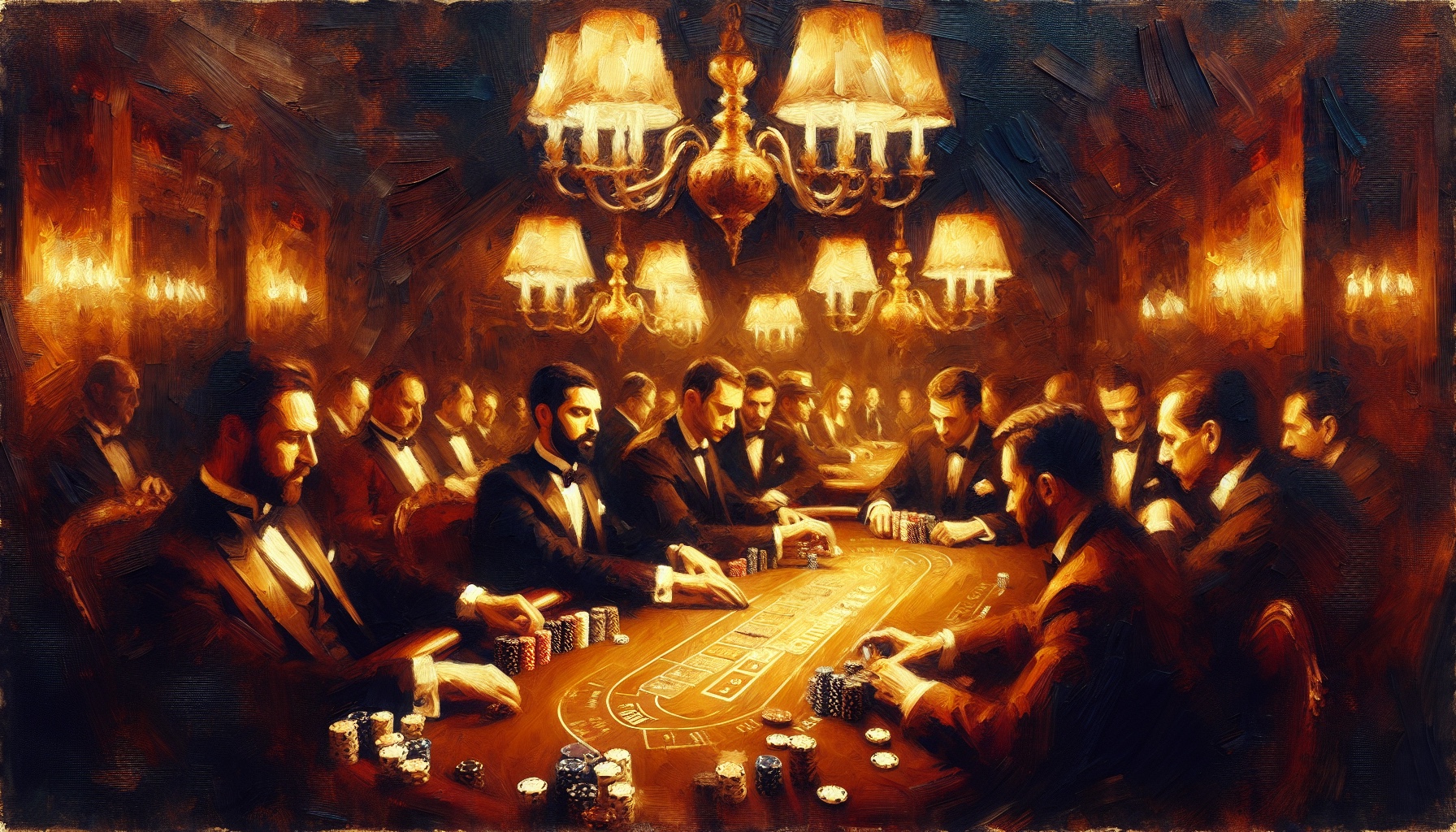
What Does Dead Mean in Poker?
Dead refers to chips that are not actively being wagered by players, either because they have folded or are not part of the current betting round. Dead money can also refer to money in the pot that comes from players who have already folded, thus increasing the pot size without any active player’s contribution.
When You Might Hear Or Use The Term Dead
This term is commonly mentioned when discussing pot odds and calculating the total pot size, particularly in situations involving multiple players where some have already folded.
In-Game Example
In a hand, if three players contribute $10 each but two fold before the flop, the $20 from those players is considered dead money, adding to the pot size that the remaining players will contest.
Strategy / Tips
Best Practice: Use dead money to your advantage by recognizing pots with significant dead money and adjusting your strategy to capitalize on it. Common Mistake: Overvaluing dead money and making risky plays solely based on its presence. Pro Tips: Dead money is more prevalent in live games where players are more prone to folding pre-flop than online games where ranges are tighter.
Differences Playing Over the Table vs Online
In live games, players might fold more often, creating more dead money opportunities. Online play typically features tighter ranges, so the impact of dead money may be less pronounced.
Alternative Names
None commonly used.
FAQs
Q: Does dead money affect pot odds?
A: Yes, dead money increases the total pot size, which can improve pot odds and influence decision-making in a hand.
Related Terms
Additional Considerations in Poker
Recognizing the dynamics of a game, both live and online, can greatly influence your decision-making process and overall strategy. Understanding when to capitalize on poker opportunities can be key to improving your game.

